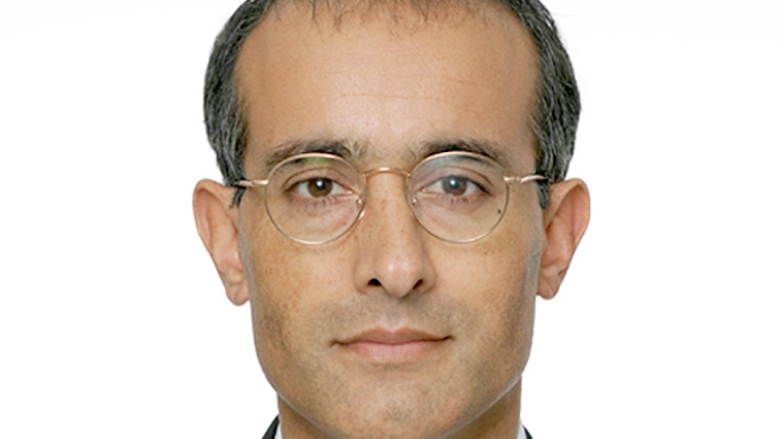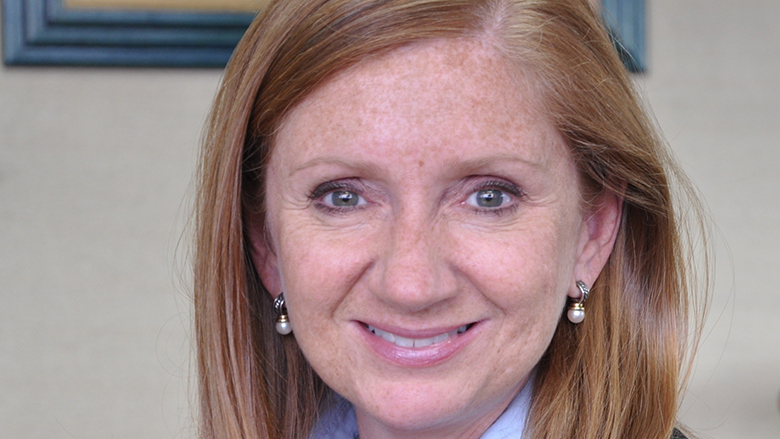Even as goods trade stumbles, services trade remains resilient. The internationalization of services—from transport and telecommunications to health and education—offers powerful development opportunities. But we still know relatively little about the pattern of both services trade and policy. Policy makers from Malaysia to Mexico confront the challenge of boosting productivity with surprisingly little evidence on the impact of services trade policy reform and how such reform is best designed. International trade negotiators too have limited knowledge of what impedes trade and why.
In this presentation, Aaditya Mattoo will describe how efforts to improve data, in particular through the World Bank’s Services Trade Restrictions Database, are spurring research and policy dialogue. Digitization and aging, as well as liberalization and other reforms, are transforming international services markets. But there is evidence of divergent globalization, with relatively few developing countries taking advantage of new opportunities despite evidence of large potential gains.
The strength of regulatory institutions is emerging as critical not just to implementing successful reform at home but also to overcoming regulatory barriers to exports. However, international negotiations—from Doha to the Trans-Pacific Partnership (TPP)—have not done much to reap these gains because they have tried mechanically to mimic the goods-negotiating model of reciprocal liberalization. More could be achieved through greater emphasis on, and World Bank support for, international regulatory cooperation and infrastructural coordination.
Last Updated: Feb 17, 2016


